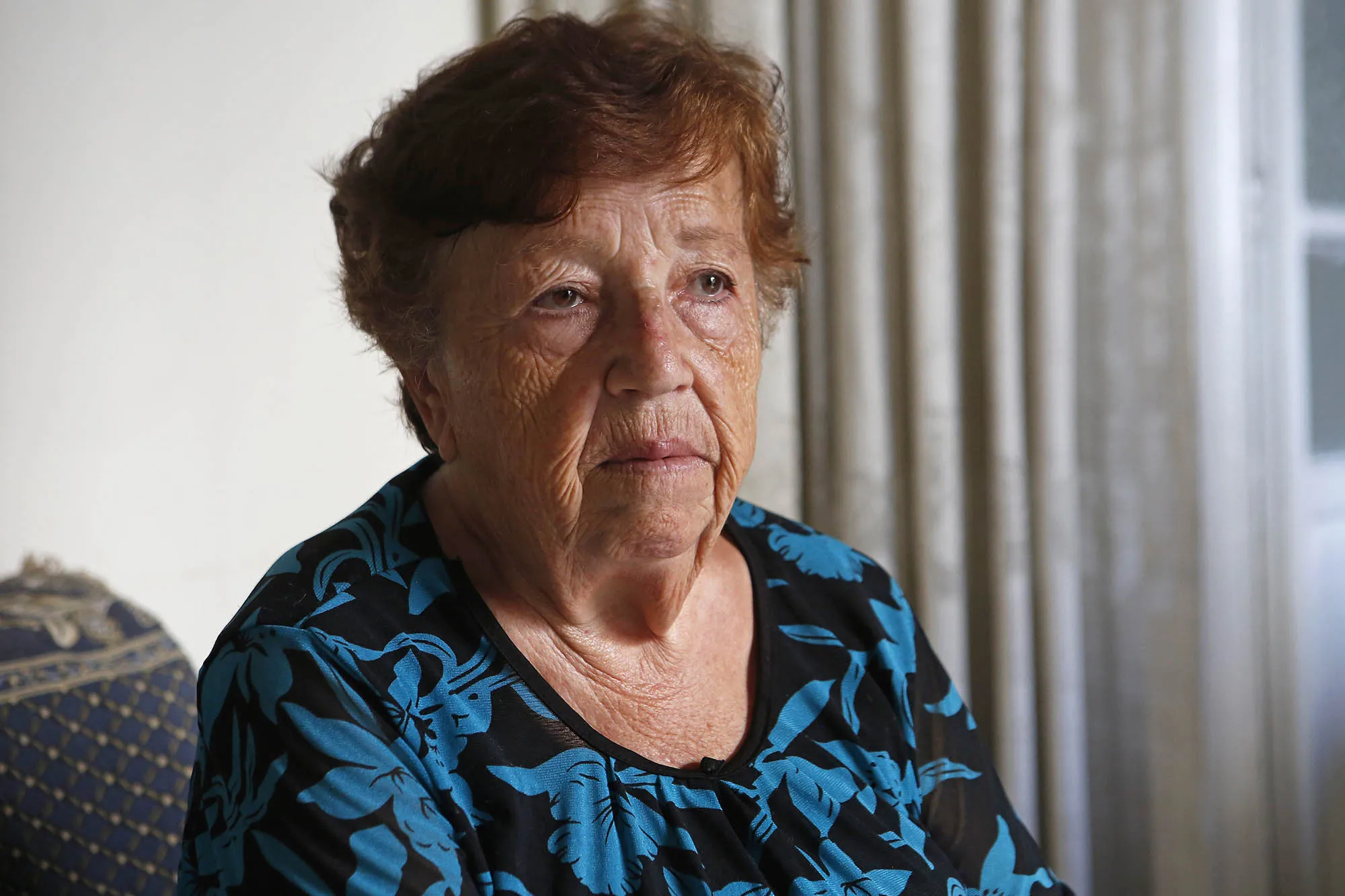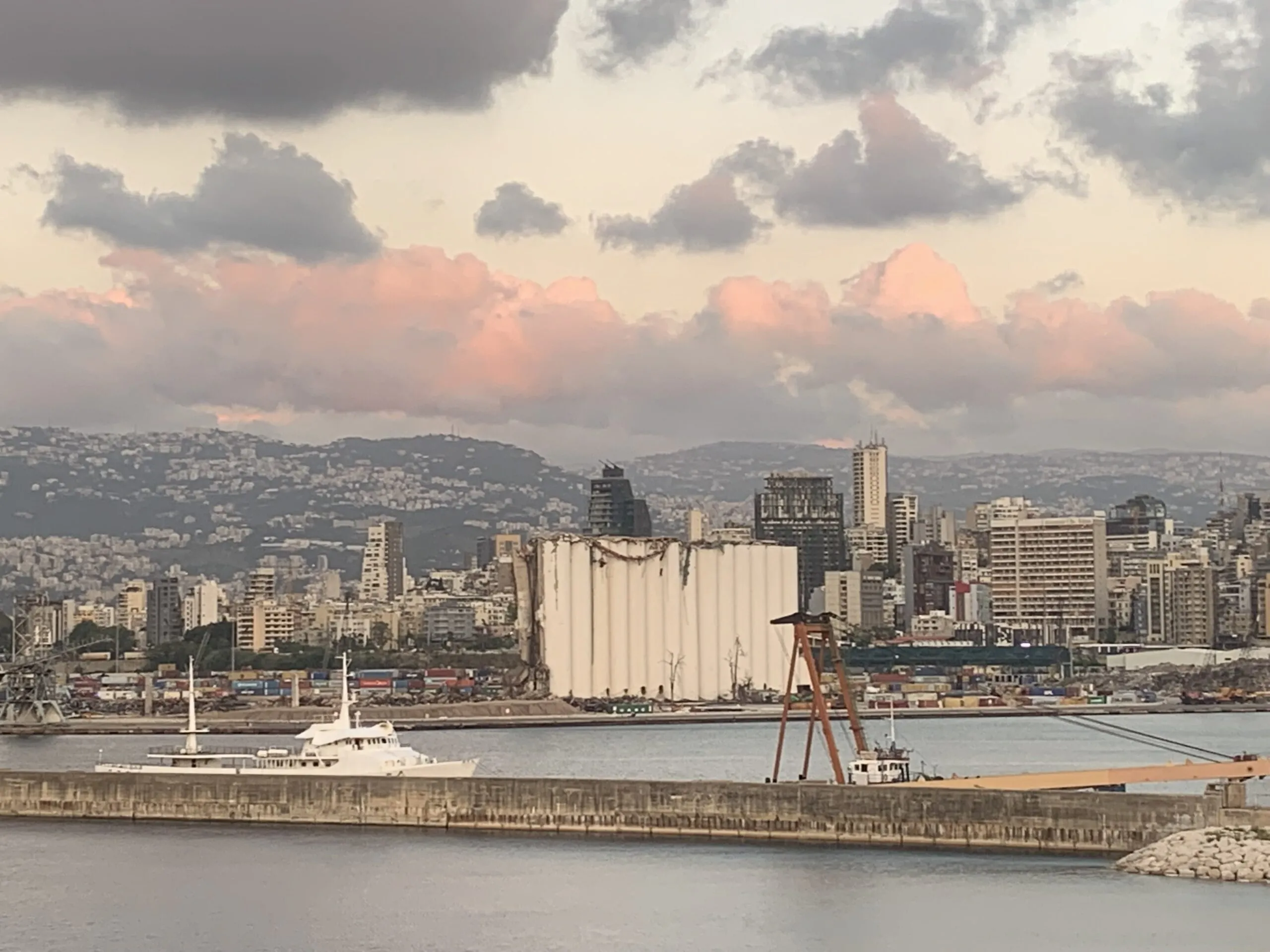With her husband, who used to work at Electricité du Liban and who died about ten years ago, she managed to raise her children, two girls and two boys, one of whom died more than 25 years ago in an accident. She rarely needed support to survive, but since multiple crises in Lebanon she has found it very difficult to make ends meet.
“My daughter, Josephine, who has three children, was helping me at the beginning but now she is struggling to feed her own family,” she says.
Angela, a CARE program participant, counts her expenses: The rent, the generator subscription, the gas bottle, everything has become overpriced. “With the money I got from CARE I was able to pay my rent — I was late on rent for a few months — buy a gas bottle, pay for some medicine and buy some food. I wanted to eat fish but it was too expensive. With the money I had left I was able to buy chicken, which was good as well,” she says.


